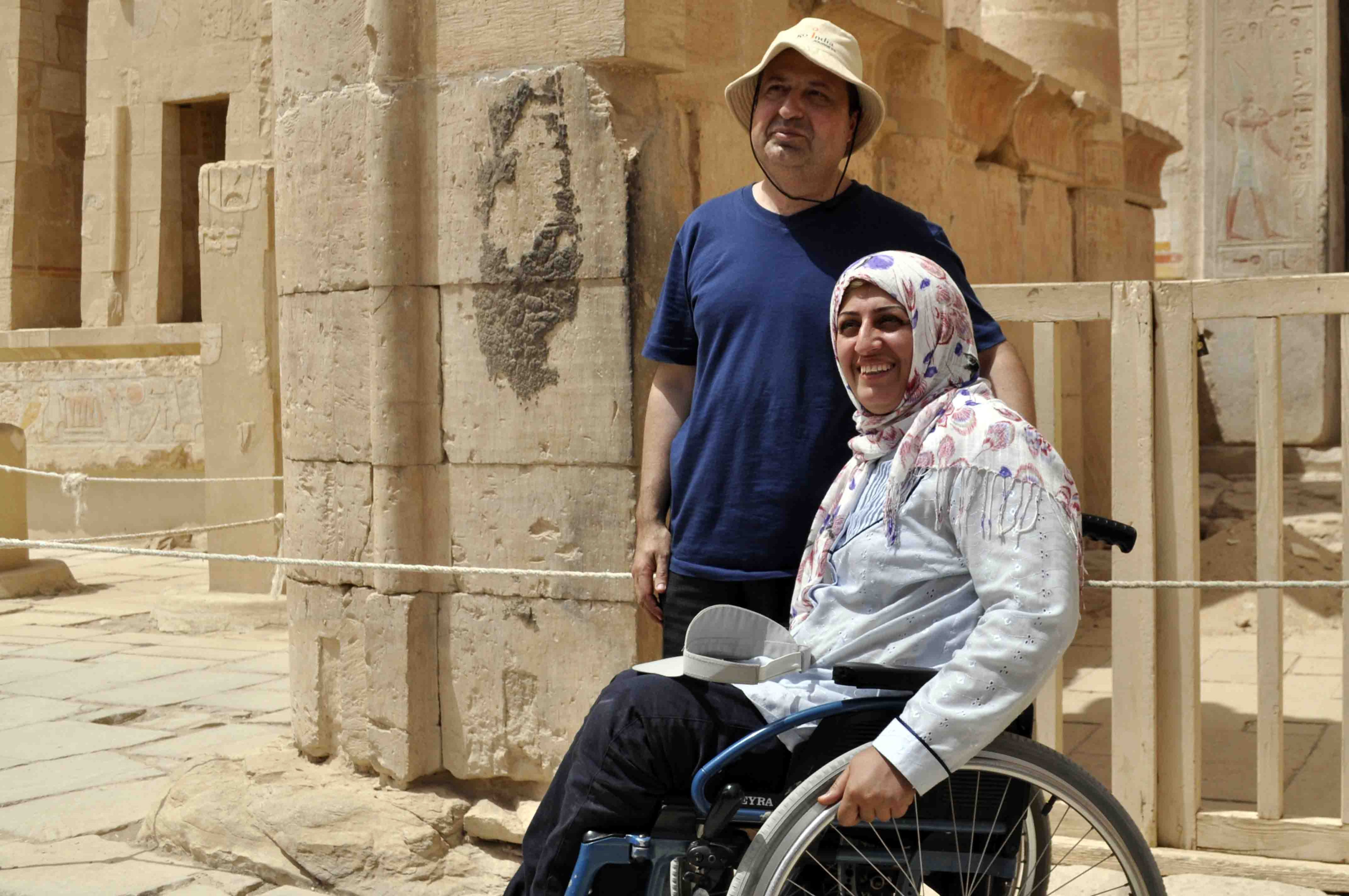CAIRO: Seeing the country as a hub for the North and West Africa regions, Visa announced on Tuesday that it will expand operations in Egypt.
From marketing to business development, Egypt will be serving neighboring Middle Eastern countries as well as Senegal, Tunisia, and other African countries.
The expansion will include relocating the office to New Cairo and increasing the staff to 22.
With this new outreach, Visa aims to provide intensive support for its company’s growth in 19 countries throughout the region.
The new office in Egypt will also provide a business-to-business call center and a team of multilingual professionals who will be dedicated to enhancing the electronic payment services for customers.
According to Visa, economic analysis conducted by Moody’s economy White Paper (2010,) the payment card usage, constitutes 0.09 percent of the country’s GDP. With a 10 percent increase in the number of payments cards in Egypt, which currently stand at 10 million, the GDP would increase by 0.04 percent, based on consumer spending versus GDP percentages.
Speaking at a roundtable briefing, Tarek El-Housseiny, general manager of North and West Africa pointed out that Egypt’s 18-day popular revolt, which eventually ousted Hosni Mubarak and his regime, will mean much more for the country than many people would expect.
“We are looking at what will happen tomorrow,” he said. “We may not be happy with the events now after the revolution, but on the long-term, we, along with other companies, see that Egypt will play an important role as a wise market.”
Opening their first office in Egypt in 2004, Visa has always been a vital component of the country’s financial institutions, but now El-Housseiny points out that the country’s recent events will not only have an impact on its financial market, they will also refashion Africa and the entire region.
By enhancing business development, marketing, and customer service, the company will be playing a direct role in increasing job opportunities as well as enhancing the performance emerging out of the country, which will reach the rest of the region.
“We will bring new experience to the Egyptian market,” El-Housseiny added. “There will also be a rigorous role in enhancing education and experience for employees and financial institutions from all over the world will pay and invest in our curriculums.”
While the number of banks participating in the program is not solid yet, and exact figures of the fees have not been announced, El-Housseiny said they will certainly be “talking six-figure investments.”
“We are proud to say Egypt has been the chosen market that will be the epicenter of all this,” he added.
Hit hard by the recent political turmoil, the company also has plans to rejuvenate the country’s tourism sector, which accounts for 11 percent of the country’s annual revenue.
By working with 28 hotels across the country, there will be discount plans as well as possible complimentary nights in order to encourage tourists to come to back to Egypt.
While it has not officially been announced yet, Rola Zaarour, Visa’s corporate relations manager of North and West Africa, told Daily News Egypt that the company will also be working with Lonely Planet, to advertise their services in Egypt on their website.
“We’ve already started our engagement with Lonely Planet,” Zaarour added. “We want passengers to understand that Visa is working here, that they can use their cards in Egypt and the country’s operations are up and running.”
Lonely Planet, one of the most popular guidebooks for tourists and young travelers in the world, also produces television programs, adverts, and online assistance to help travelers get around in their destinations all over the world.
“International travelers really use Lonely Planet,” she said. “We are very excited about this collaboration and what it will bring to Egypt.”


